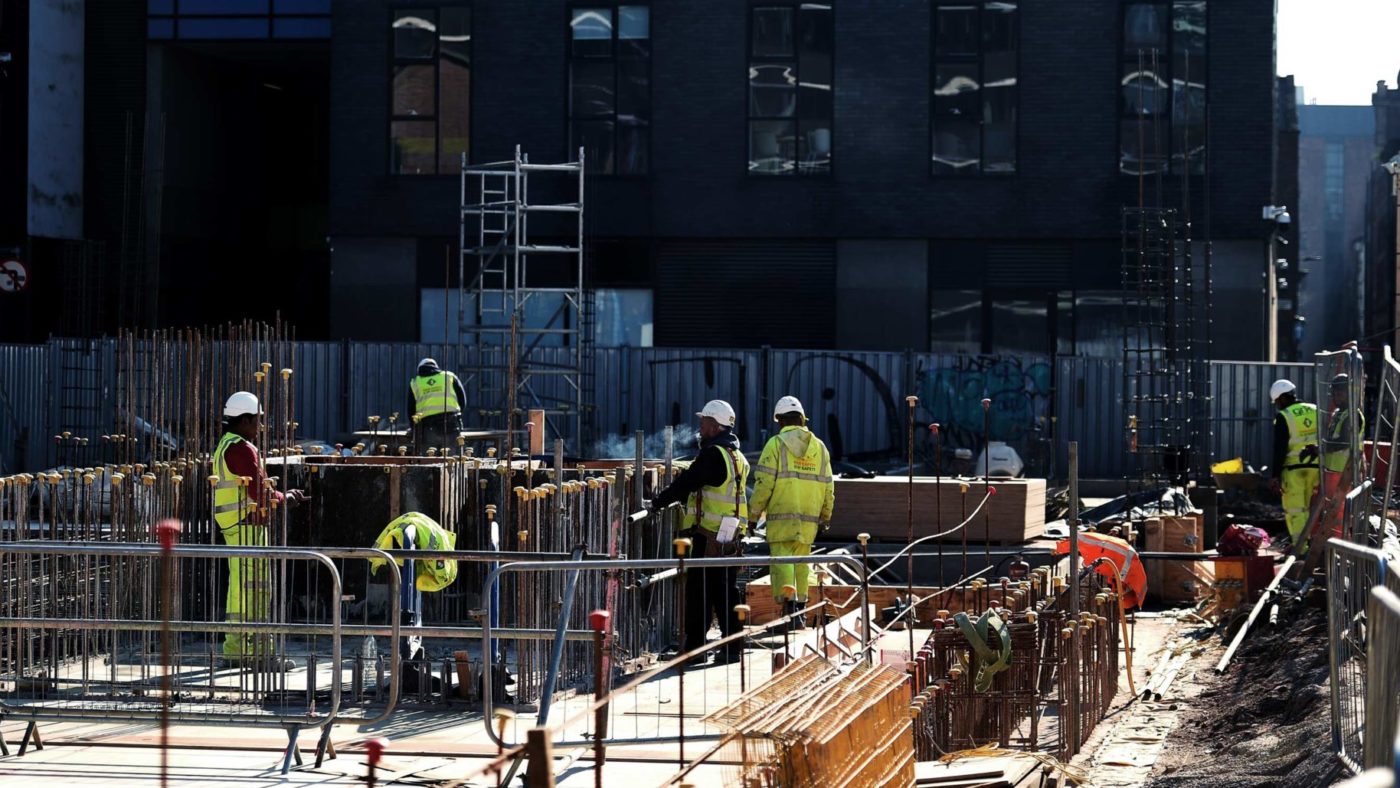Wartime analogies litter our conversations around the Covid-19 crisis. We’re “mobilising” resources to increase testing, opening “field hospitals” and politicians promise that we will “beat this disease”. The Queen’s televised speech saw her reference the era’s most famous song when she said “we’ll meet again”, but the real giveaway was the fact that she had been called upon to speak to the nation at all.
The discussion is now starting to turn away from immediate worries to longer-term concerns about how we are going to wake up from this self-imposed economic hibernation. Already I’ve seen references to “returning to normality”. But the truth is, just like after the World Wars, there will be nothing “normal” to return to. In just a few weeks our society has fundamentally changed.
Our industry is often quick to suggest that we need to build more and line-up shovel ready projects in response to economic downturn. While I, of course, agree that construction has a key role to play as a catalyst for broader growth – for every £1 spent on infrastructure £2.84 of economic activity is generated – we need to recognise that funds will be limited, and that to best serve society we will need to work in an even more efficient and a more productive way.
Following both wars, there was a renewed focus on building homes – and there’s no doubt that we need more affordable and social housing. A similar approach could work today, but we need to learn the lessons of the lockdown which has made clear why good design is not just important but essential. We need our homes to bathe in natural light, to have access to outdoor space, and ensure they meet the highest standards of energy efficiency, so that they’re both affordable and comfortable.
To make sure that we continue to nurture the sense of community reignited over the last few weeks, we will also need to build social infrastructure – schools, nurseries, GP surgeries and libraries, and place them alongside parks, playgrounds and sports centres. Inspired by the NHS Nightingale hospitals, we should “roll out” their build utilising modular and offsite construction techniques, effectively allowing a single high-quality design to be honed and adapted for multiple sites across the country.
Having become used to living without traffic and congestion we’ll need to ensure that our future does everything possible to reduce air pollution. We’ll need to build dedicated lanes to capitalise on the renewed popularity of cycling, alongside substantial investment in buses, trams and light-rail, taking people away from cars and onto public transport.
We will also need to make commuting more attractive than working from home, which a huge number of us have now experienced. This will include more high-speed train services allowing people to live where they want to while releasing capacity on existing lines for a real step-change in the delivery of commuter services. Of course, in order to make this a reality we’ll also need improvements in broadband connectivity across the country.
To help our industry be more productive, and ensure the right decisions are taken, we will need to take a data-first approach. As seen with the launch of apps and modelling in the Government’s responses to Covid-19, data is increasingly the key in political decision making. Only if our industry is able to do the same, will we be able to inform both policy and operational decisions with a sound evidence base.
All of the above will need to be delivered with a net zero future in mind. While the crisis has proven our ability to pivot our world at short notice, it has also reinforced the social and economic impact that a substantial disruption to our way of life brings.
The last time a Government asked society to make a similar level of sacrifice it was ultimately rewarded with an investment in its future. If we are to win the peace as well as the war, we will need to do the same and seize this clear opportunity to help society rebuild for the today’s world and not for its past.
Click here to subscribe to our daily briefing – the best pieces from CapX and across the web.
CapX depends on the generosity of its readers. If you value what we do, please consider making a donation.


